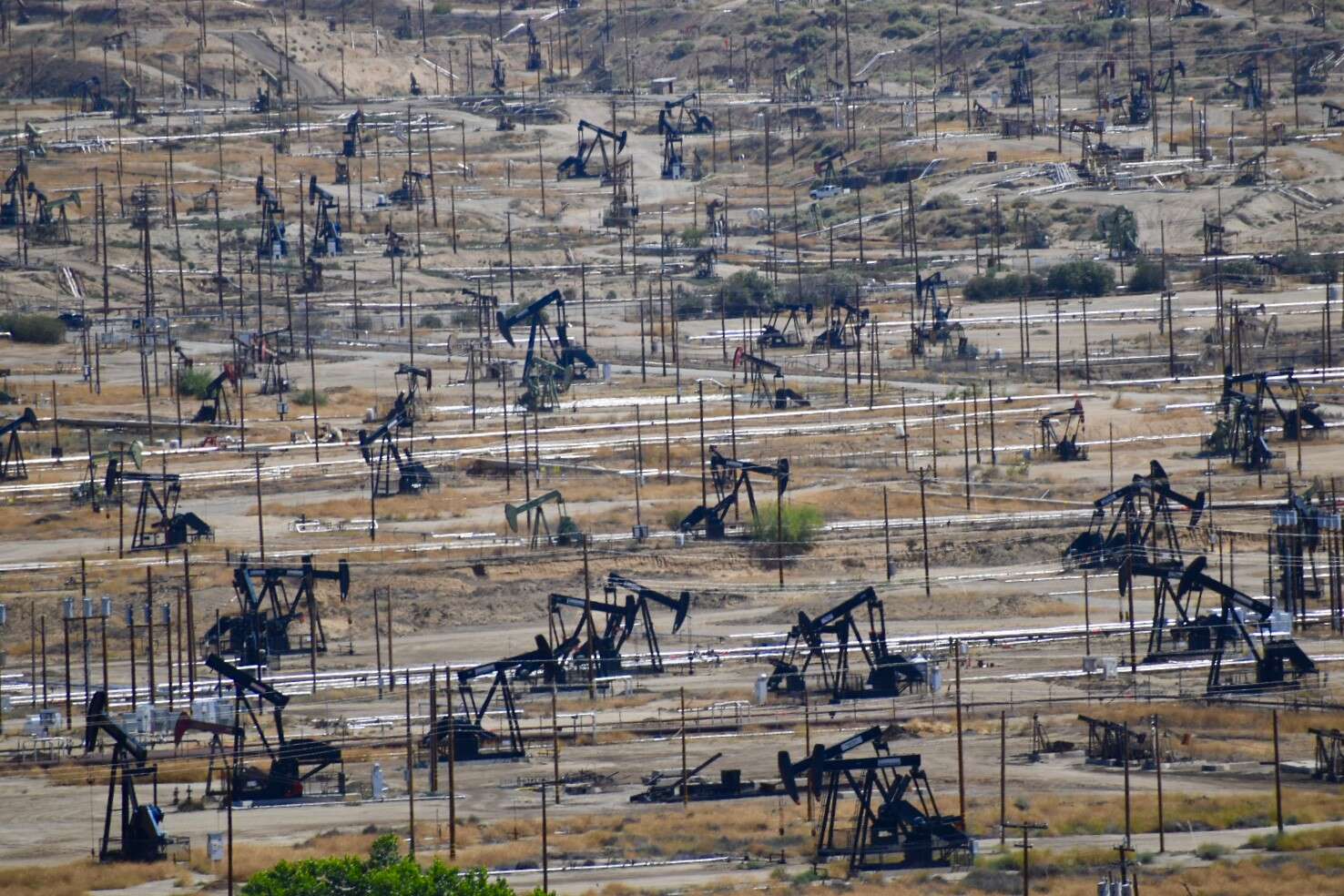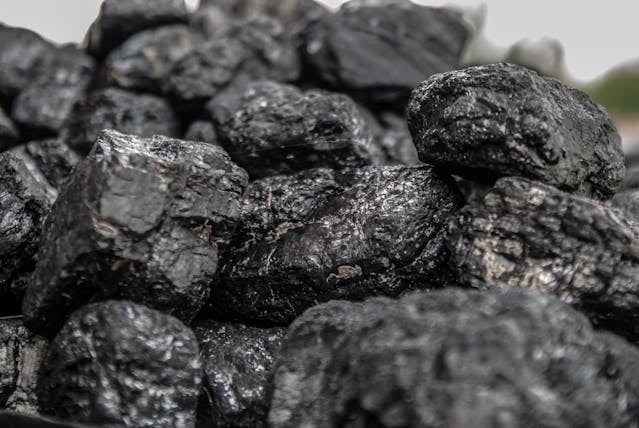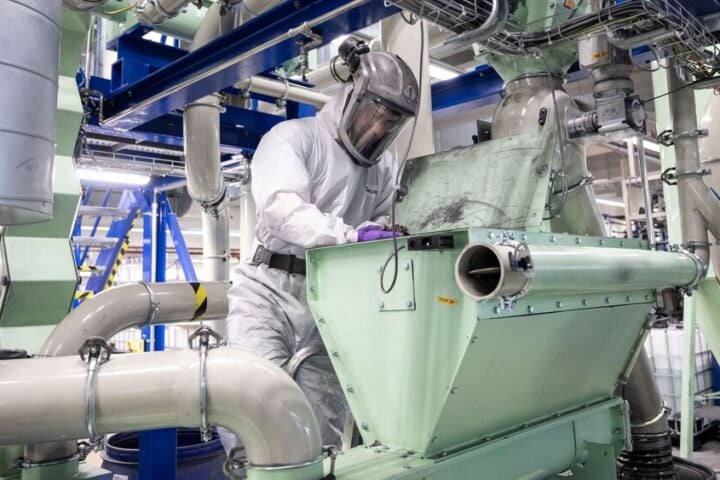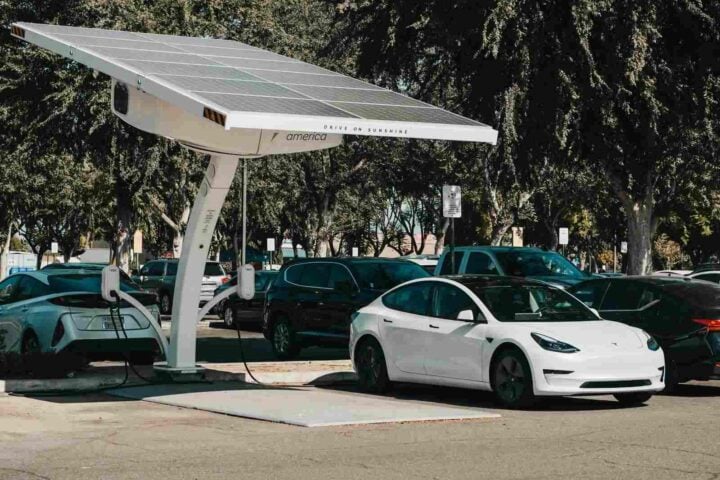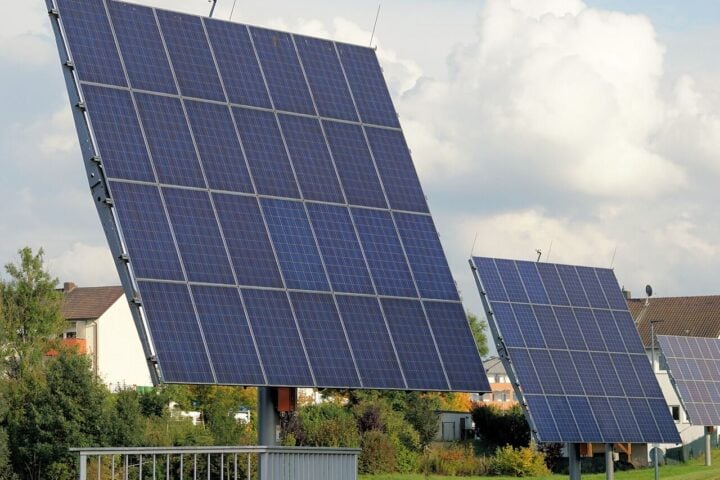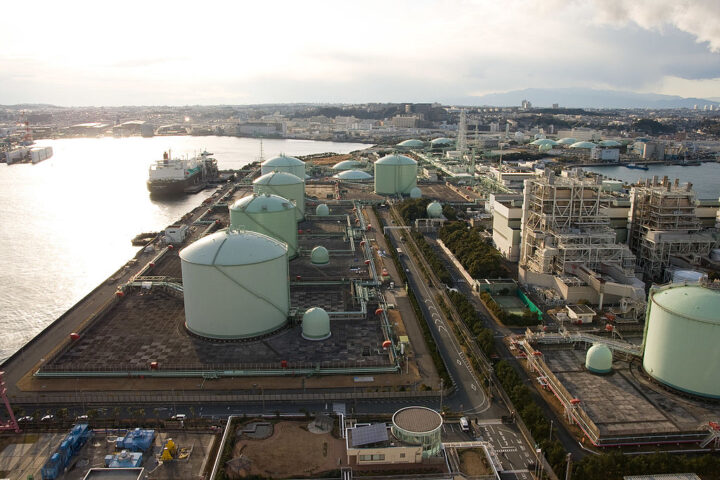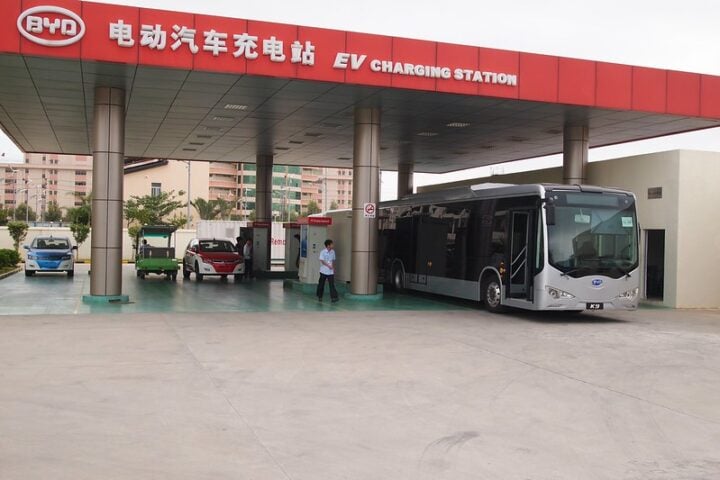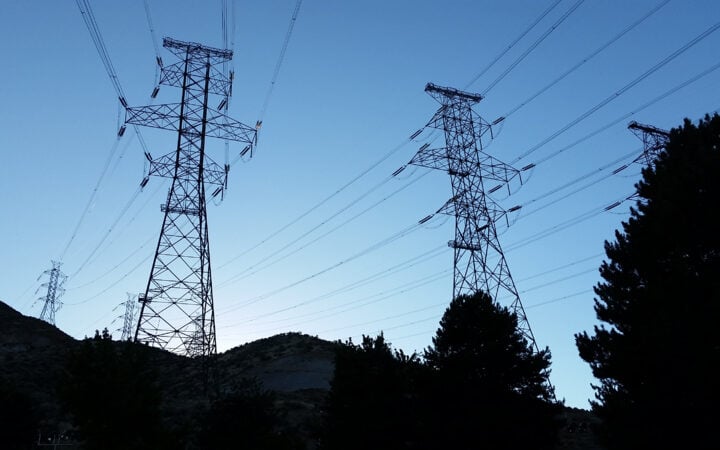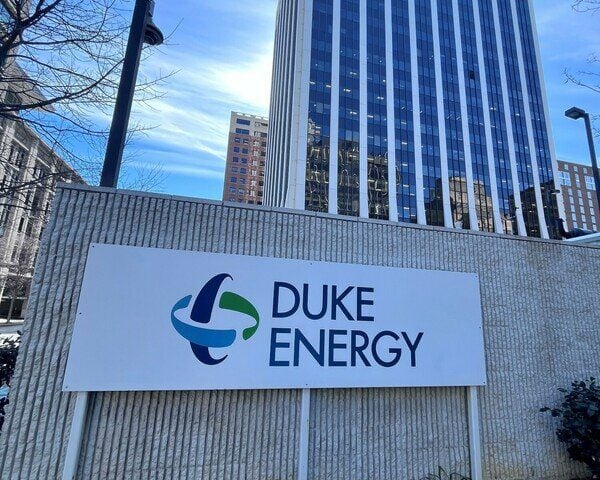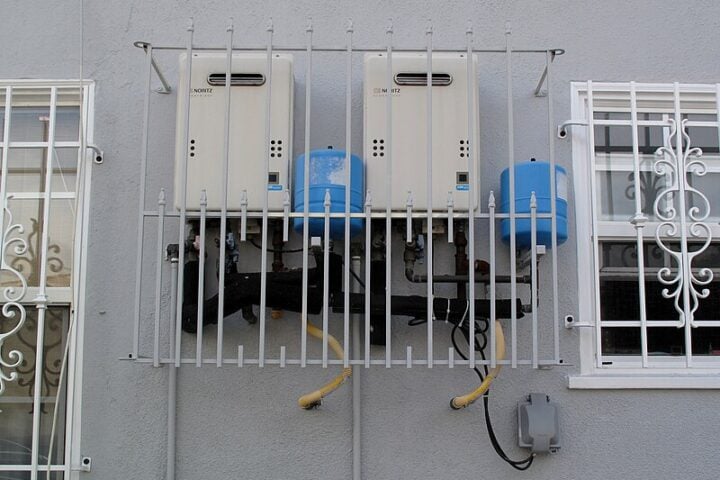California has set a goal to achieve carbon-neutral energy production by 2045. To reach this ambitious target, it is crucial to increase the production of clean energy and the capacity to store it. An innovative project in Kern County, which aims to convert an old oil field into a geothermal solar energy storage facility, represents a significant step toward that goal. This project, called GeoTES (Geologic Thermal Energy Storage), is recognized as the world’s first attempt to store solar energy in a natural geologic reservoir.
Kern County, historically dependent on oil fields for large-scale employment growth , now faces the challenge of adapting to an economy moving away from polluting energy sources like oil. In response to this transition, combined efforts between the National Renewable Energy Laboratory (NREL) and a private investment group are initiated to convert depleted oil wells into solar energy storage sites.
Unlike common storage solutions that rely on lithium-ion batteries—whose components require the extraction of rare metals at a high environmental cost—GeoTES adopts a more sustainable approach. Its mechanism is based on geothermal principles like those employed in heat pumps, which harness overheated groundwater to store solar energy. This technology could potentially provide energy to hundreds of thousands of homes. The project leader, Guangdong Zhu, has highlighted the innovative nature of the approach, stating that instead of building a battery, the goal is to find one that already exists in nature.
Similar Posts
Similar projects aimed at repurposing old oil wells as geothermal energy storage sites are underway in other regions, such as the Illinois Basin. Additionally, other polluting energy facilities, such as coal plants, are also being transformed into clean energy projects. These initiatives demonstrate that it is possible to power homes and businesses with clean energy while preserving jobs for those who previously worked in these polluting energy sectors. These projects not only leverage the expertise of former oil and coal workers but also create more jobs as they expand.
The shift towards cleaner energy sources not only benefits the environment by reducing carbon emissions but also has a positive social impact [What is the social impact? Kindly Specify]. The conversion of polluting facilities into renewable energy projects enables the creation of green jobs [For the reader explain how green jobs are different from normal employment growth, otherwise it becomes repetitive with the last two lines of the previous paragraph ], which are essential in the transition to a more sustainable economy. Additionally, such projects can serve as models for other regions facing similar challenges, promoting a just and effective energy transition on a global scale.
